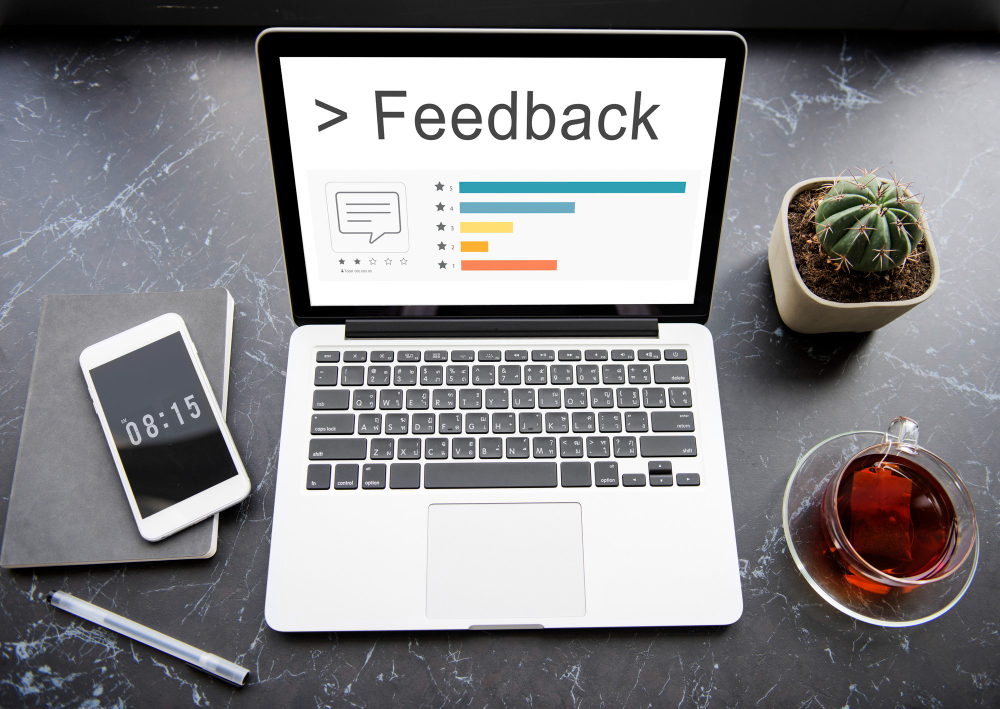In today’s digital era, websites with pirated links have become a growing concern, especially for creators and media platforms. Whether it’s movies, web series, or educational material—unauthorized sharing affects both revenue and reputation. Piracy isn’t just unethical—it’s illegal.
Indian laws and international regulations are stepping up. Platforms like Google and YouTube now actively deindex pirated content upon DMCA notification. If you’re a creator, now’s the time to take action and secure your work.
How Pirated Websites Harm the Creative Ecosystem
Pirated links strip creators of their rightful earnings. Whether you’re an independent filmmaker or a brand with original content, piracy lowers your visibility and trust. Worse, it exposes audiences to malicious ads or malware.
💡 According to a report by MUSO, India ranks among the top countries for piracy traffic worldwide.
Legal Action Against Websites with Pirated Links in India
India’s Copyright Act, 1957, offers legal support to content owners. Under Sections 51 and 63, creators can file legal complaints against infringing parties.
Furthermore, platforms like YouTube’s Copyright Removal Tool and Google’s DMCA Form provide quick solutions to delist pirated content.
How to Detect Your Content on Pirated Websites
Start by reverse-searching your video or blog titles. Use tools like Copyscape, Google Alerts, and piracy trackers. If pirated links surface, document everything—URLs, screenshots, and hosting details.
Don’t delay. File a DMCA takedown request immediately.
How to File a DMCA Takedown in India
- Identify the infringing URL
- Gather proof of original ownership
- Use Google or hosting provider’s DMCA form
- Send a legal notice (if required)
⚠️ Pro Tip: Always send a copy of your takedown request to the host AND the domain registrar.
How Streaming Platforms Are Fighting Piracy
OTT services like Netflix, Hotstar, and Amazon Prime use watermarking, AI scanning, and dynamic encryption to detect piracy in real time.
Still, websites with pirated links continue to pop up—often hosted outside India. Global cooperation is key.
Why You Should Never Ignore Pirated Versions of Your Work
Ignoring piracy allows it to spread. Worse, it could damage your brand’s SEO. Google penalizes duplicate content, and that includes unauthorized reposts of your blog or videos.
You must stay proactive, not reactive.
Real Examples of Successful Takedowns
- A music label found their latest album leaked on 15 torrent sites. Within 48 hours of issuing DMCA notices, 12 were taken down.
- A coaching platform recovered search visibility after removing pirated video lectures from third-party forums.
Results speak when action is taken.
Best Practices to Prevent Future Content Piracy
- Add watermarks or creator tags to all content
- Register your copyright through official bodies
- Use anti-piracy tools like Digimarc or NAGRA
- Monitor high-risk sites regularly
- Publish a copyright policy on your own website
Need help drafting a copyright notice? Check out India’s Copyright Office.
FAQs About Websites with Pirated Links
1. What are pirated links?
Pirated links point to unauthorized versions of copyrighted content, often hosted illegally.
2. Is watching pirated content illegal in India?
Yes, consuming pirated content can result in legal penalties under Indian law.
3. How can I know if my content is pirated?
Use Google Alerts, Copyscape, or reverse search your titles to detect duplication.
4. What is a DMCA takedown?
A DMCA takedown is a legal process where creators request removal of infringing content from websites or search engines.
5. Can I take legal action against piracy websites?
Yes, you can file complaints under the Copyright Act and send legal notices.
6. How long does it take to remove pirated content?
DMCA takedowns usually take 24–72 hours if filed correctly.
7. Are all torrent websites illegal?
If they host or link to copyrighted material without permission, yes.
8. Does YouTube support DMCA requests?
Yes, YouTube provides a detailed takedown tool for reporting copyright violations.
9. What happens after filing a takedown?
The host or search engine may remove or delist the content. Repeat offenders may face account suspension.
10. Is copyright registration mandatory in India?
No, but it strengthens your legal position during disputes.



